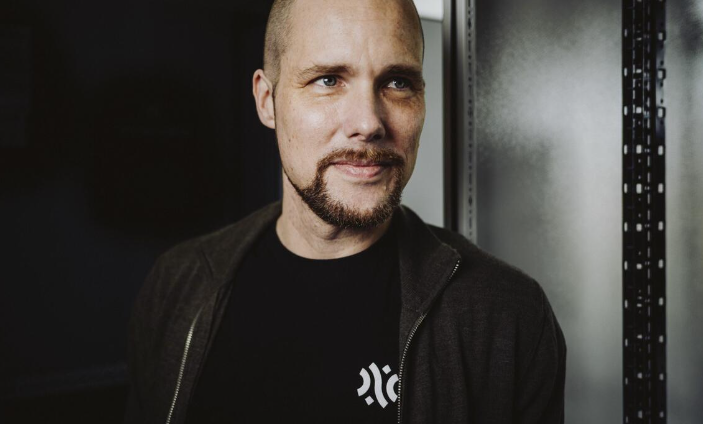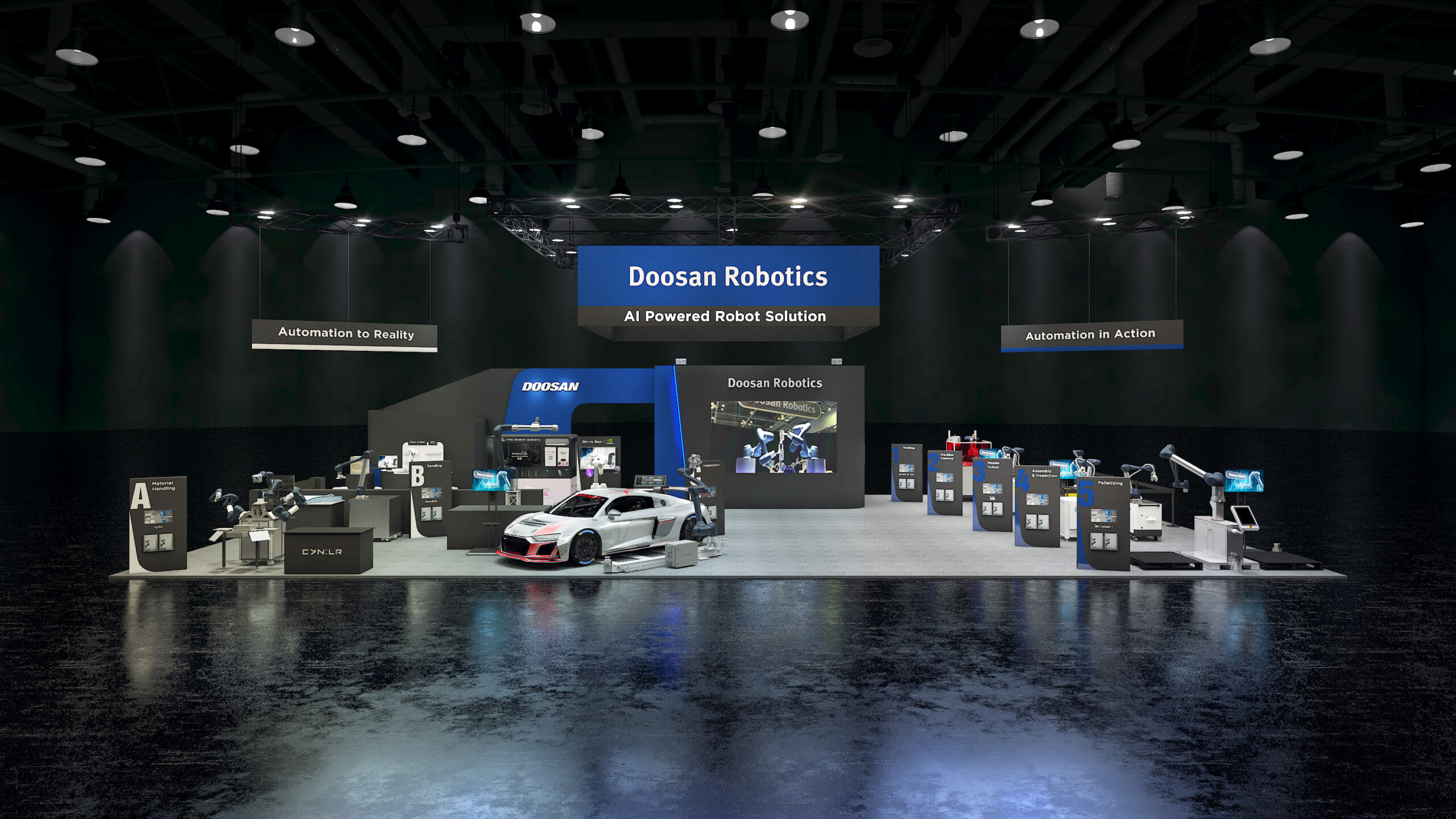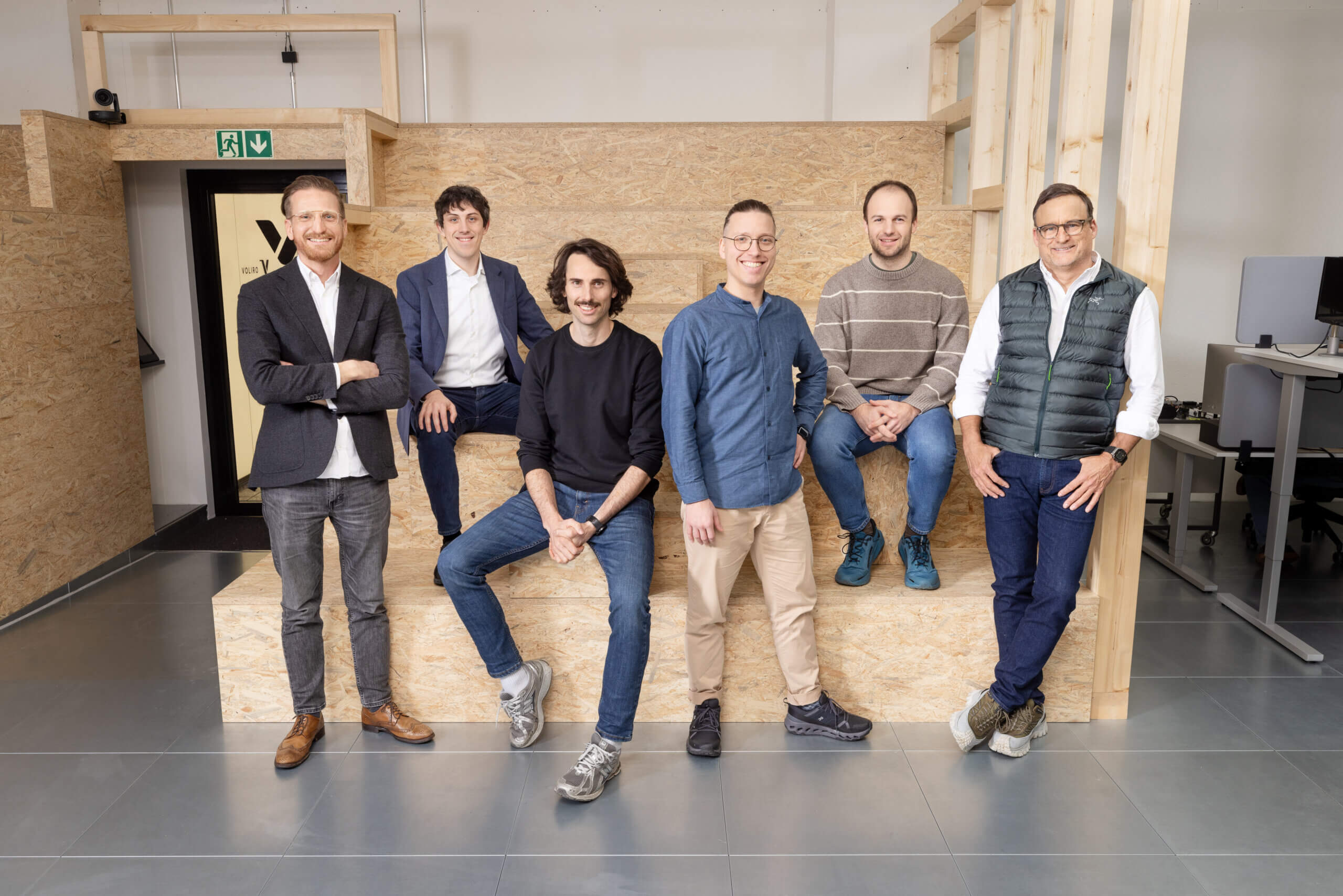In a significant boost to the AI industry in Germany, Aleph Alpha, a leading generative AI startup, has secured an investment exceeding $500 million, with Lidl’s parent company, Schwarz Group, at the helm of this investment. This substantial capital inflow is set to propel Aleph Alpha’s advancements in a technology landscape where global competitors are fiercely vying for dominance.
Founded in 2019, Aleph Alpha has swiftly risen to prominence within the European AI sector, specializing in generative AI technology — systems adept at creating content remarkably similar to human output. Despite the intense competition from well-endowed entities such as Microsoft’s OpenAI, Google, and Meta, Aleph Alpha’s workforce of about 70 has set its sights on carving out a niche by emphasizing data security and transparent operations, especially for clients in critical domains like law enforcement and healthcare.
“We need to make sure we have a hand on the wheel of how the future will turn out,” Jonas Andrulis, Aleph Alpha’s chief executive, said to the Financial Times.
Schwarz Group, widely recognized for its Lidl supermarket chain, has recently expanded its horizons well beyond retail, venturing into the realms of food production, recycling, and IT services through its newly established Schwarz Digits. This move is part of a broader strategy that sees the family-owned conglomerate with €154 billion in annual revenues and a massive global workforce pivoting towards a tech-focused future.
The financial deal, co-led by Schwarz Group and a cutting-edge AI hub in Heilbronn — a brainchild of Lidl’s founder Dieter Schwarz himself — includes a consortium of other heavyweight investors. Among them are Bosch’s venture capital arm and entities like Hewlett Packard Enterprise, SAP, and Burda Principal Investments, along with prior supporters like VC groups UVC Partners and Lakestar.
The investment is structured to fuel Aleph Alpha’s research and joint business development without eroding shareholder equity, with about a quarter of the funds earmarked for direct equity investment. Although the specifics of Aleph Alpha’s valuation in this transaction were not publicly disclosed, insiders familiar with the deal placed it in the ballpark of €500 million.
“Cash is necessary, but not sufficient,” said Andre Retterath, a partner at the venture capital firm Earlybird — which led a 2021 funding round in the German startup — and an Aleph Alpha board member, who added that the partnerships would give the company “access to compute, access to talent, and distribution into the market.
Looking ahead, Aleph Alpha is positioning itself for rapid expansion, aiming to seize the moment in the next one to two years — a critical period when companies are expected to experiment with and finalize their AI software preferences. With the market for AI software increasingly crowded, Aleph Alpha stands out by maintaining its independence, even as some of its rivals cozy up to the tech world’s giants.
The ambition is clear: Aleph Alpha, backed by robust financial support and strategic partnerships, is gearing up to become a formidable player in the global AI arena, marking another notable chapter in the ascension of European innovation within the competitive field of artificial intelligence.
Featured image: Jonas Andrulis. Credit: Jonas Andrulis, Bild: PR






